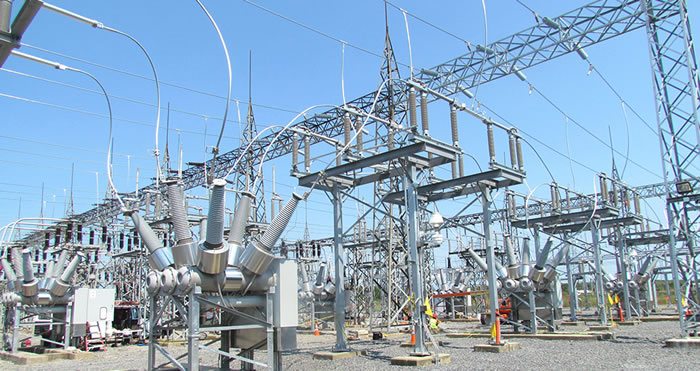Government and CENIT Energy Limited (CEL), a Ghanaian independent power producer, have successfully secured terms for an amended Power Purchase Agreement (PPA).
Per the agreement, CEL has decided to convert its power plant into a tolling structure and transfer all resulting cost savings to ECG.
A statement issued by the Public Relations Unit of the Ministry of Finance noted that, the commitment made by CEL is crucial in reinforcing government’s efforts to build a balanced and sustainable energy sector.
“The terms agreed to between government and CEL will produce a more favourable situation for both parties and ultimately reduce the cost of electricity for the people of Ghana,” the Ministry explained in the statement.
Ministry of Finance also noted that amongst other things, “CEL has agreed to a further reduction in the capital recovery tariff of 38.9% as this will result in total savings to government and all Ghanaians in excess of US$200 million over the remaining life of the PPA.”
The Minister also encouraged other Independent Power Producers (IPPs) to join CENIT to aid in the production of stable energy in the country.
“We welcome CENIT Energy’s commitment to Ghana and its role in regenerating the energy sector. CENIT is an important partner and a significant energy producer in Ghana. We encourage other IPPs to join CENIT in collaborating to help reduce onerous debts and to provide a stable energy supply for the people of Ghana. We are committed to building a competitive and dynamic energy sector where private investments can thrive, and the interests of the Ghanaian people and businesses continue to flourish,” the Ministry added.
At present, Ghana pays over US$500 million a year for unused electricity.
Most of the PPAs are legacy agreements, entered into under the previous administration in an attempt to end erratic power cuts in the country.
“The tariffs agreed were not competitive and have contributed significantly to the build-up of debt in the sector and oversupply of energy. This Government, in collaboration with the World Bank, created the Energy Sector Recovery Programme (ESRP), identifying the policies and actions needed for financial recovery in the energy sector over a five-year horizon (2019-2023),” the Ministry of Finance explained.
As part of the reforms, government is taking steps to institute competitive bidding for future additional capacity, to ensure that future tariffs are fair and in line with expected pricing benchmarks.
“Government has demonstrated its commitment to the ESRP by actively developing whole-of-sector initiatives and reforms, including implementing the Cash Waterfall Mechanism (CWM) in April 2020, which allows Electricity Company of Ghana’s revenues to be distributed in a more transparent manner, and managing payments of arrears despite the challenging fiscal situation which has been exacerbated by the COVID-19 pandemic.”
“The ESRP Steering Committee, established by the Energy Sector Recovery Task Force under the helm of the Senior Minister, is working closely with IPPs and gas suppliers under the ESRP Consultation Process to negotiate more favourable agreements for both parties and to achieve a balanced energy sector capable of delivering fair, long-term solutions.”
The Finance Ministry’s statement noted that government has undertaken these discussions in good faith and urged all IPPs to continue working closely with the ESRP Steering Committee to conclude negotiations as soon as possible.







